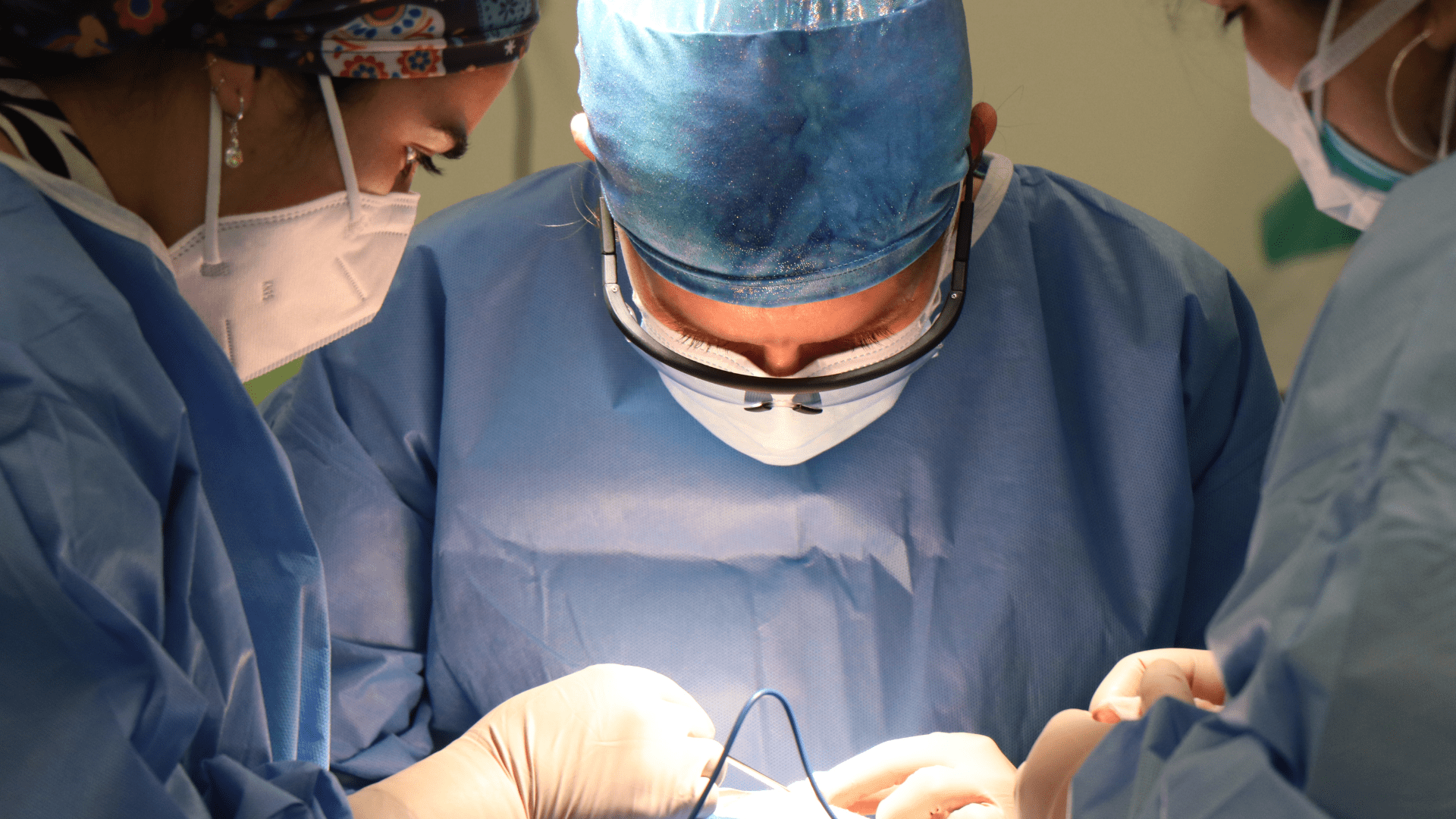Neurosurgery is a medical specialty that deals with the brain, spinal cord, nerves and related structures. The brain and nervous system is the body's complex control system and the aim of this field is to diagnose and treat problems in this system.
Neurosurgeons evaluate and treat a range of neurological conditions. These include brain tumors, epilepsy, cerebrovascular disease (stroke), spinal cord injuries, nerve compression, pain conditions such as trigeminal neuralgia, Parkinson's disease and other movement disorders, hydrocephalus (fluid accumulation in the brain) and congenital anomalies.
Neurosurgical procedures include treatments such as brain tumor or aneurysm removal, epilepsy surgery, spinal cord fusion, disc herniation surgery, nerve compression resolution and deep brain stimulation. These procedures usually require a high level of expertise and technical skill and are usually performed in the neurosurgical department of the hospital.
Neurosurgery has made great advances with the development of surgical techniques combined with advanced imaging techniques (e.g. magnetic resonance imaging and computed tomography). These advances have enabled surgeons to make more accurate diagnoses and perform less invasive surgical procedures. In addition, research and innovation in neurosurgery continues, helping to improve treatment options and outcomes.
Diseases that the Department of Neurosurgery deals with
1-Brain Tumors: Benign (benign) or malignant (malignant) tumors are caused by abnormal cell growth in brain tissue. Neurosurgeons and neurosurgeons manage the surgical removal of tumors or the application of treatment methods such as radiotherapy and chemotherapy.
2-Spinal Cord Injuries: Spinal cord injuries occur as a result of trauma to the spine and can result in paralysis, numbness or muscle weakness. Neurosurgeons manage the surgical treatment and rehabilitation of spinal cord injuries.
3-Spine Diseases: Spinal diseases such as scoliosis (curvature of the spine), arthritis, spinal tumors, spinal cord compression and spinal fractures are areas of interest to neurosurgeons. Surgical interventions can be performed to correct or relieve problems in the spine.
4-Brain Hemorrhage: A stroke is a condition caused by cerebral hemorrhage or blockage of cerebral vessels. Neurosurgeons specialize in identifying the source of bleeding and performing emergency surgery when necessary.
5-Epilepsy: Epilepsy is a disorder of the nervous system that causes recurrent seizures. In some cases of epilepsy, surgery may be used to control abnormal activity or to remove foci of epilepsy.
6-Nerve Compression: Carpal tunnel syndrome, sciatic nerve entrapment and other nerve compression conditions are of interest to neurosurgeons. Surgical interventions can relieve symptoms by reducing the compression of the nerve.
7-Trigeminal Neuralgia: A condition caused by abnormal activity of the trigeminal nerve that causes severe pain in the face. Surgical procedures can be used to control the pain by reducing the stimulation of the trigeminal nerve.





